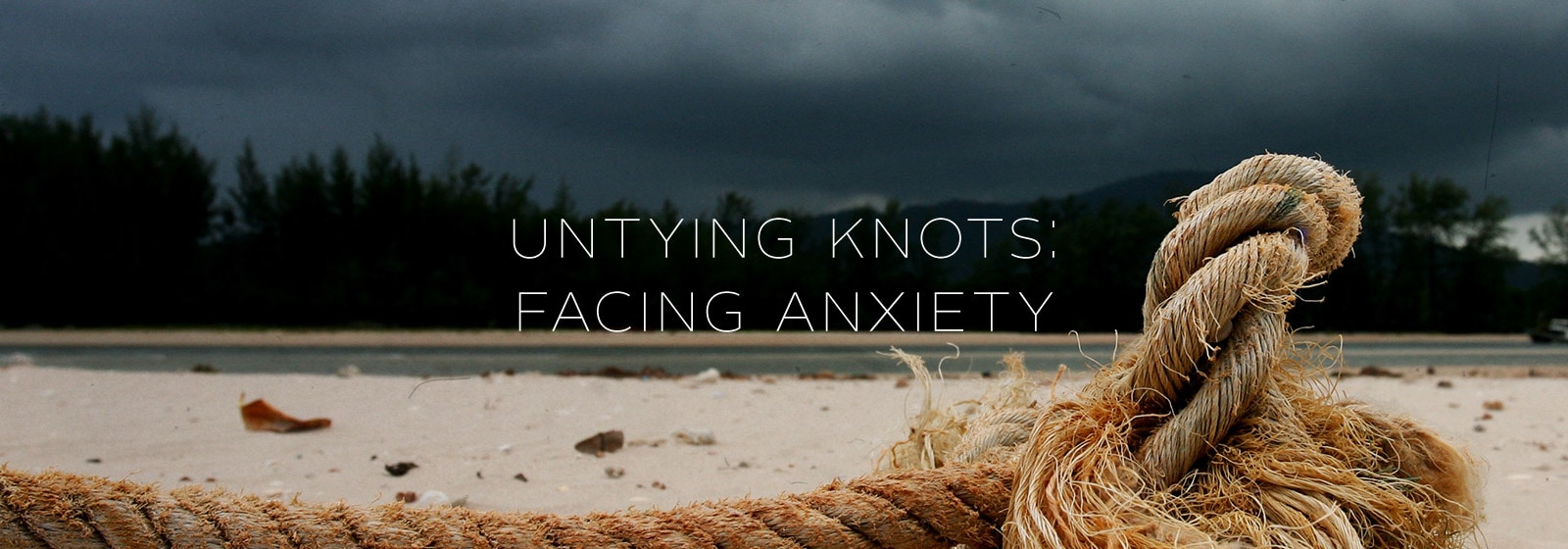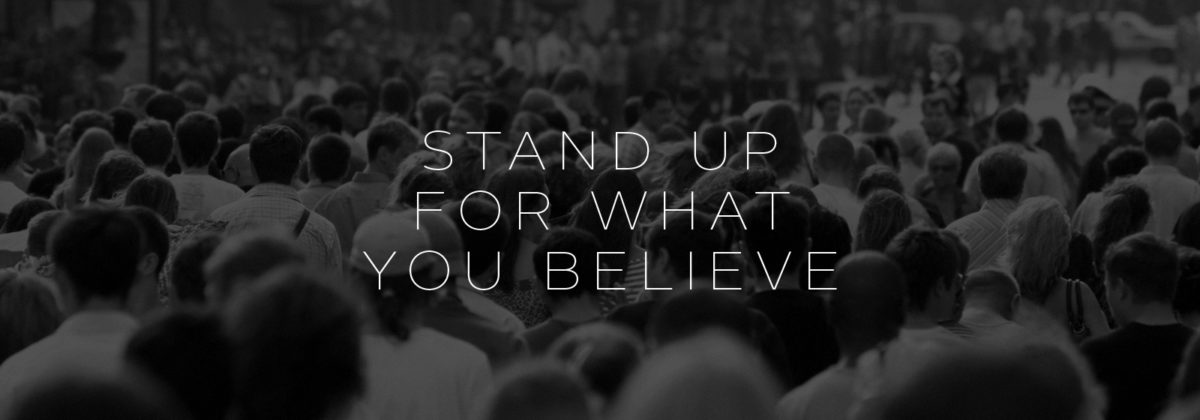September 2012 will always occupy a troubling place in my memory. I had been living in Vancouver for nearly a year, was studying happily at Regent College, and was also working for a wonderful, warm church. Yet I found myself paralysed. Not in the literal sense, but it felt equally as painful: I was being crushed by the weight of anxiety. On the outside, I probably seemed fairly “put together,” but inside, I was in a severe struggle. I was burdened by academic pressures, the demands of work, and several relational disappointments. All of this was exacerbated by my fear of letting others down.
My anxiety was more intense than ever before, even affecting my daily life. I couldn’t sleep for days–as if someone had injected liquid stress into my bloodstream, allowing it to consume my entire person. My pectoral muscles would randomly twitch, jolting my body back to alertness as soon as slumber was near. Panic attack symptoms would hit me daily.
I was miserable.
I couldn’t focus. I couldn’t study. I was hypersensitive. My fuse was embarrassingly short, and I even used the majority of my annual “profanity quotient” during this three-week nightmare! I was angered by the massive inconvenience of anxiety because I couldn’t do any of the things that I was in Vancouver to do. Most of all, I couldn’t be the person that I wanted to be.
I thought I was going insane, but I couldn’t stop the anxiety. My body and mind were bound up in emotional, psychological, and physical knots. It was one of those rare instances where I felt utterly helpless and needy.
Even as I recall these agonizing memories, fear and angst reverberate in my mind.
Hope for Anxiety
If one good thing came forth from this traumatic experience, it was a determination to better understand myself and appreciate my finitude. For me, it was a matter of survival, but it has also been a source of blessing.
Before September 2012, I didn’t have much understanding of anxiety’s causes and triggers, and was at a loss as to how I could manage it. All I knew was that Jesus tells us that we’re not to be anxious (Matthew 6:25). While I trusted Jesus’ words, they weren’t much help to me in those crushing moments. I didn’t seem to be able to whisk away my anxiety by an act of the will.
To make a long story short, the events of my anxiety attack launched me on a much-needed journey. I started to seek an understanding of anxiety. Why? Because I didn’t want to return to the pit. I can confidently say that I am better off today than I was three years ago. I still battle anxiety, though it’s not as debilitating. I’ve found hope.
Causes of Anxiety
I’d like to share a few insights from my experience. I’m no psychologist though, and I speak only from what’s been useful to me. I don’t commend these tips in contradiction to Jesus’ teaching in Matthew 6. What Jesus says is true. Anxiety can be explained—in part—as a failure to trust and rely upon God. But anxiety can be understood from other angles as well:
Anxiety is likely inherited. Several people in my family are well acquainted with it, and my anxiety was most likely passed onto me.
Anxiety easily stems from unreasonably high expectations. These can come in external (your boss!) or internal (you!) forms of pressure.
Anxiety can creep up on you. It loves to exist as ‘by-product’ of other habits, decisions, and fears. Its root causes aren’t always immediately self-evident.
Anxiety manifests in both psychic and somatic forms. These are just fancy Greek terms for the mind and body. Anxiety isn’t just about mental worry. It can also permeate our bodies. This is most evident in a panic attack.
Dealing with Anxiety
Are you someone who’s dealing with the same issues that I’ve dealt with? Here are some suggestions that I have – tactics that have helped me:
Talk with family members. It can be very beneficial to reflect on your experiences with anxiety in conversation with family members who may share your struggle. This type of introspection can be invaluable in identifying specific things in you that can trigger anxiety waves.
Let your friends help you. A true friend is a powerful balm when coping with our weaknesses. This definitely applies to anxiety (go read Proverbs 12:25)!
Take a multifaceted approach. Since anxiety can’t be reduced to “mental worry,” any strategy for managing it must be diverse and comprehensive. While anti-anxiety medicine can help us cope, it often needs to be paired with other things, like counselling. It should involve—as my doctor reminds me—exercise and good body care. It may require an adjusted rhythm of work and rest.
Pray. St. Paul urges us not to be anxious in anything, but in prayer with thanksgiving to let our requests be known to God (Philippians 4:6). God knows the roots of our anxiety better than we do. He can reveal these things to us when we’re confused. I’ve found it immeasurably helpful to “process my anxiety” in prayer. I encourage you to invite Christ’s help to do this.
September 2012 will always occupy a troubling place in my memory. But it also spurred me on to greater self-awareness, improved my patterns of personal care, and enhanced my ability to minister to others with similar struggles. God’s guiding hand has been evident in all of this. This can be true for you too.
Finally, if you need help figuring out how to deal with your anxiety, we would love to help in any way we can. Please reach out to us!




